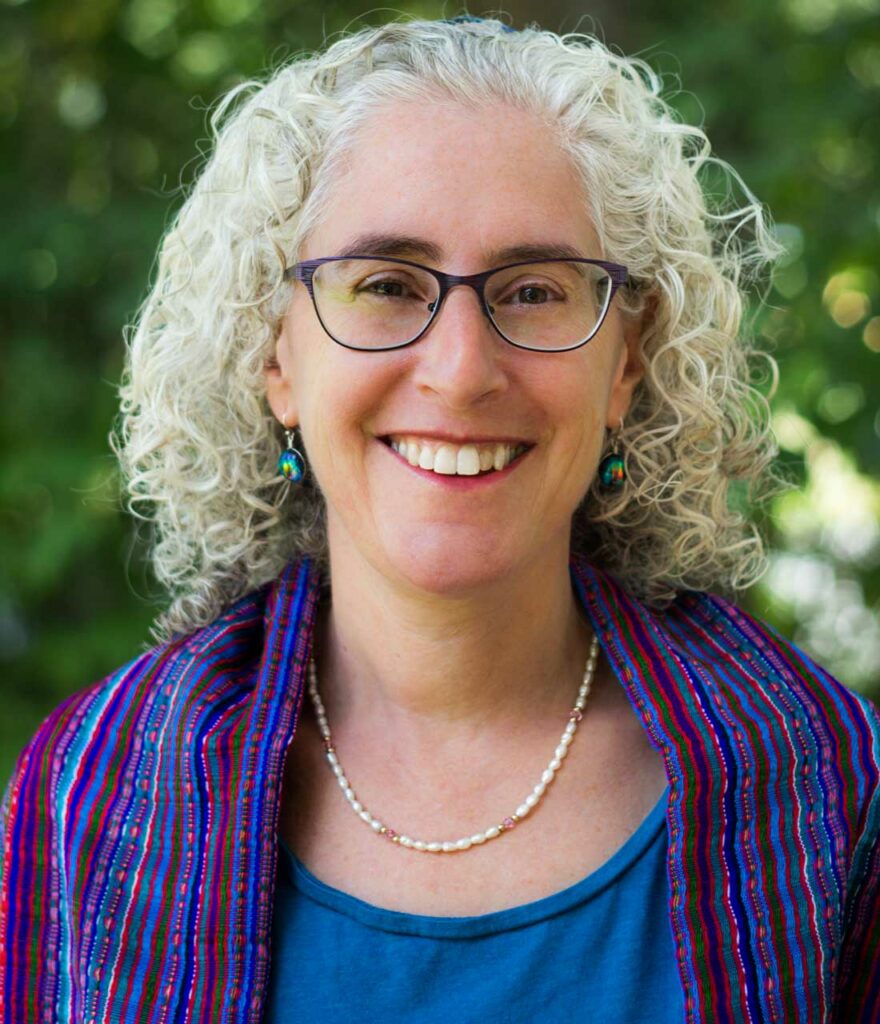Forty years ago I had one of my earliest “calls” or moments imagining my future as a rabbi.
I grew up in New Jersey in an observant Reform Jewish home. In the summer of 1982, I was a participant in a Reform Jewish social action summer program, volunteering with special needs campers and senior citizens. In the evenings, there were seminars and social activities. There I learned more about Jewish values related to current issues and was inspired by my experiences in the program to learn about Jewish ritual, Jewish text and social justice.

I was fortunate that the idea of becoming a rabbi was something I could visualize. At the time, there were very few pioneering women who had broken the glass ceiling. I could stand on their shoulders. As women entered the rabbinate, they brought new perspectives to interpreting Torah, Jewish leadership, scholarship, Jewish life and beyond.
This Friday (June 3) is the Jubilee anniversary of the first woman ordained by a seminary as a rabbi. Hebrew Union College-Jewish Institute of Religion ordained Rabbi Sally J. Priesand. A trailblazer, she opened doors (in fact, there is a new book about her called “Sally Opened Doors”) and ensured they remained open. Reform Judaism was the first movement to ordain women. Its progressive values continue to expand boundaries, welcoming BIPOC and LGBTQ folks to the movement and the rabbinate.
In the first decade, 50 women were ordained rabbis. Now, 50 years later, there are over 800 Reform women rabbis ordained by HUC-JIR, and over 1,500 women rabbis throughout the world, including Congregation Emeth’s Rabbi Emerita, Debbie Israel.
The expansive understanding of what a rabbi looks like extends to our understanding of Torah. This weekend is the Jewish holiday of Shavuot (translated as “weeks”), a holiday which falls seven weeks after Passover. Shavuot celebrates the giving of the Torah on Mt. Sinai to the Jewish people.
On Passover, we celebrated freedom–from oppression and slavery. The journey from Passover to Shavuot involves preparing to accept responsibility. What does it mean to take on a mantle of responsibility? The giving of the Ten Commandments, representing all of Torah, requires us to uphold its values and morals. As part of society, we have a responsibility to care for others. How will each of us uphold our responsibility to the moral imperatives of the Torah?
The Torah teaches about social justice—not standing idly by when your neighbor bleeds. The Torah teaches us to love your neighbor as yourself. Each year, we read the same verses but can discover new insights because of our lived experiences and the lenses through which they are taught. The ethical values instilled in me 40 years ago resonate today. There is much work for all of us to do in our community, in our nation and in this world.
Progressive Jews understand the Torah as a Divinely inspired human written document. Ongoing revelation means we welcome new voices and lenses through which we interpret Torah. Fifty years ago a new voice entered the rabbinate leading to an exciting transformation in the rabbinate, in Judaism and in the world.
Rabbi Faith Joy Dantowitz is the rabbi of Congregation Emeth. Located in Morgan Hill and serving all of South County, Congregation Emeth was founded 45 years ago and is the oldest Jewish community in South County. Rabbi Dantowitz can be contacted at ra***@***th.net.








